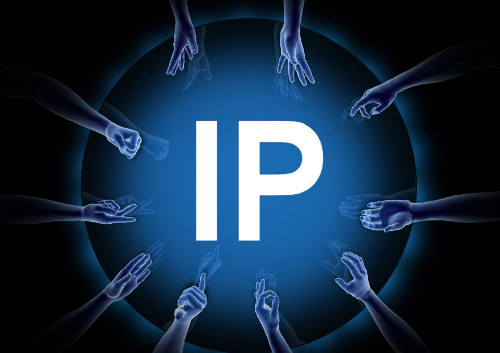Why DOES EvERy DEvICE NEED AN IP ADDRESS?

IP addresses are the numbers that identify devices connected to a network. If your device only needs access to a local network, it can be identified with an address that has only a local context. These are called private addresses. But when your device needs to access services on other networks, it needs to use a unique address. In some cases, this is done by translating a private address into a unique address at the border between your network and your ISP’s network. This technology is called Network Address Translation, or NAT.
NAT has the advantage of allowing multiple devices to share a single, unique address, but it also has disadvantages. One of these is that the device doing the NAT must understand the protocol being used by the devices communicating through it. If the protocol you want to use is not supported by the NAT, you cannot use it.
This can cause frustration when, for instance, you are unable to use your Voice over IP (VoIP) service from a hotel or airport lounge while travelling. But there is also a second problem. If a new NAT device does not support a protocol, it will stop the people using the network it serves from also using that protocol, unless it is replaced. This stifles innovation in the services that can be provided over the Internet.
Losing innovation means losing access to new services that could enrich our lives. But the variability in the protocols supported by NATs means that services often either work or break depending on the equipment used by the network operator, not by the setup on the individual user’s computer.
ARE ThE INTERNET AND ITS TEChNOLOgy READy fOR ThE TRANSITION TO IPv6?
Most of the existing systems that we use today already support IPv6. If you’re using a laptop, odds are, it supports IPv6 and has done so for quite some time. IPv6 is not dramatically different on the network from IPv4, and the machines we used 30 years ago were capable of running IPv6. This means that if the kind of computers operating thirty years ago could run IPv6, then pretty much any cell phone (or even pocket calculator) could run IPv6 today, if you really wanted it to.
WILL I bE AbLE TO ACCESS ThE WhOLE INTERNET AS IPv6 uSE bECOmES mORE COmmON?
Don’t worry—we’re not doomed. While an IPv4-only machine cannot communicate directly with an IPv6-only machine, there are a number of ways to get them to communicate when using protocol translators. Also, ISPs are developing and deploying new access mechanisms that will allow new Internet users some IPv4 connectivity through multiple layers of private addressing.
hOW CAN I gET IPv6 CONNECTIvITy?
If you’re an average home user, your ISP will initiate the transition from IPv4 to IPv6 on your network. In most cases, you won’t have to do anything. If you are required to change something, such as your Internet router, your ISP will let you know.
Comments
Post a Comment